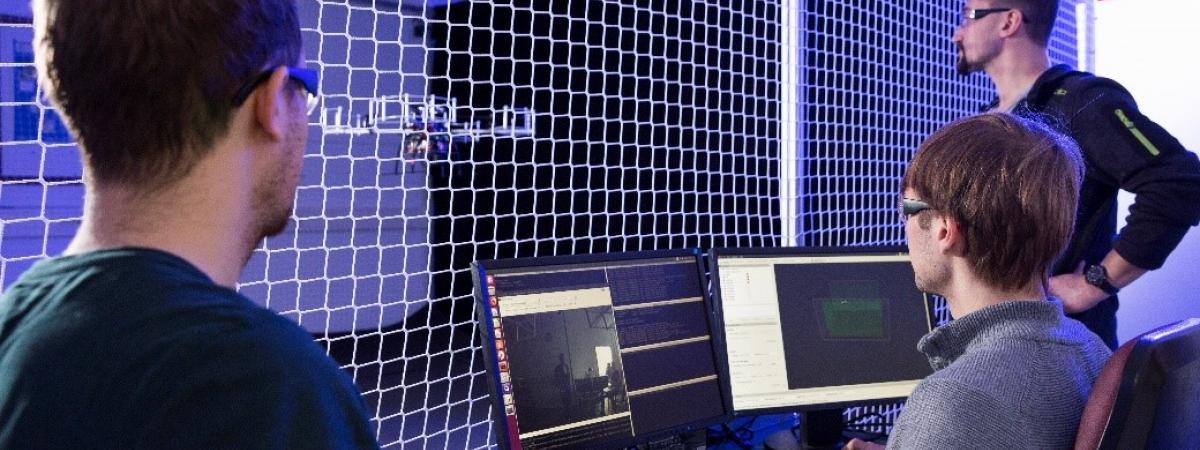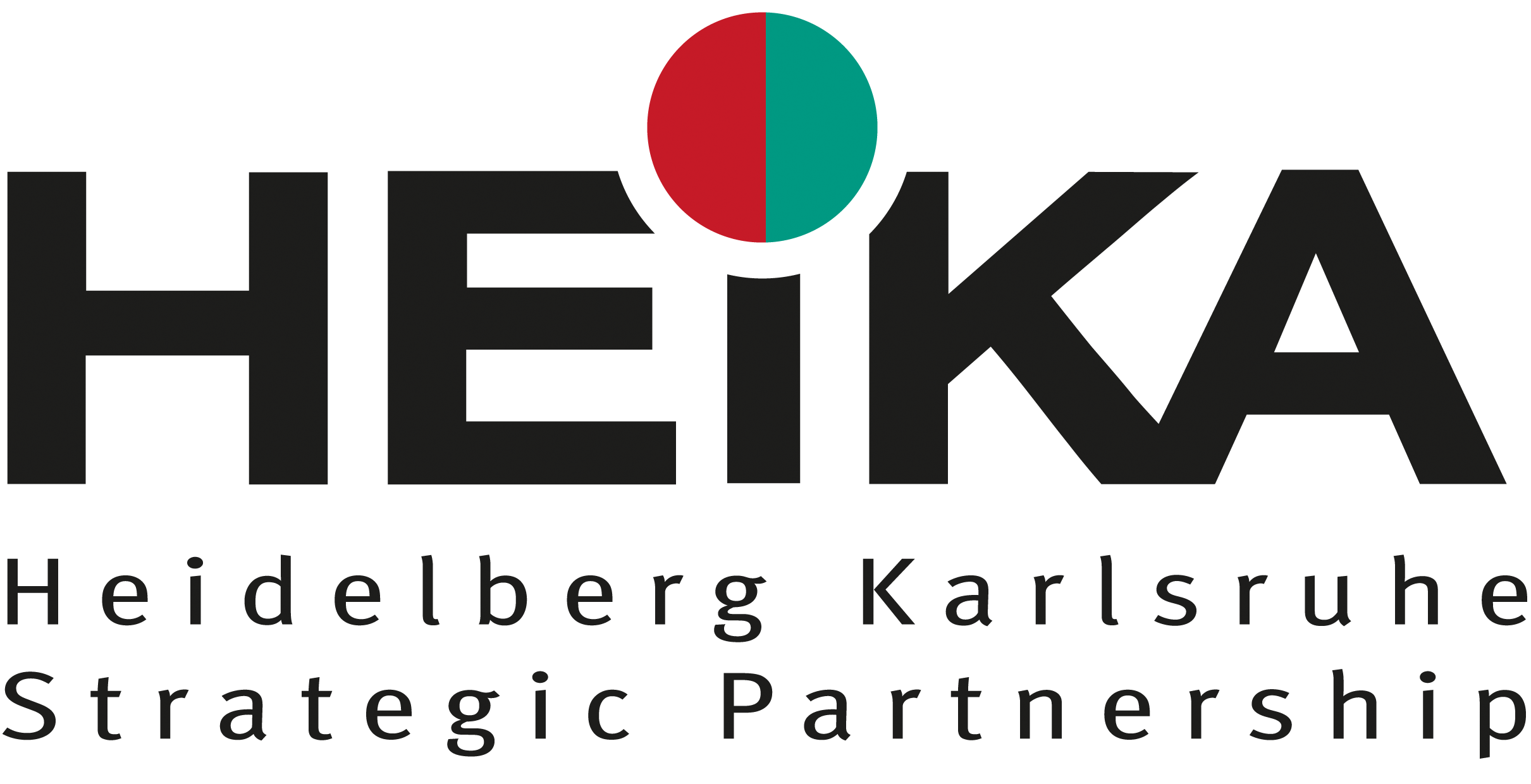
Karlsruhe Institute of Technology (KIT) and Heidelberg University collaborate via HEiKA to expand KIT’s successful teaching format "Student Innovation Lab" (SIL). The project aims to strengthen entrepreneurial thinking in STEM programs and promote the transfer between university and industry.
Contact
info@heika-research.de
Dr. Raoul Haschke
hei_INNOVATION, Heidelberg University
Email: raoul.haschke@uni-heidelberg.de
Student Innovation Lab Heidelberg
Prof. Dr.-Ing. Sören Hohmann
Institute of Control and Systems Engineering (IRS), KIT
Email: soeren.hohmann@kit.edu
Under the leadership of Dr. Raoul Haschke from hei_INNOVATION at Heidelberg University, and Prof. Dr.-Ing. Sören Hohmann from the Institute of Control and Systems Engineering (IRS) at KIT, the groundbreaking project "Building and Expanding Resilience and Entrepreneurship in University Startup Programs – Student Innovation Lab at the Karlsruhe Institute of Technology (KIT) and the University of Heidelberg" is set in motion.
The project aims to strengthen the emphasis on entrepreneurship in STEM and programs and promote knowledge transfer between the university and industry. While a robust academic education forms the foundation for innovations, entrepreneurial thinking is crucial. This includes the ability to generate innovative product ideas, recognize their economic potential, and have the courage to implement these ideas.
At the heart of this endeavour is the expansion and implementation of KIT's successful teaching format "Student Innovation Lab" (SIL) at Heidelberg University. SIL is an interdisciplinary course where master's students from various disciplines undergo the entire process of a startup in a practical setting. They have the opportunity to develop prototypes in labs and discuss questions and technical challenges from an applied market perspective through a network of industry partners. The program is integrated into the modules of several degree programs, allowing the content to be assessed as a course requirement and credited to students as part of their master's degree.
The project's goal is to create a collaborative environment where students not only acquire theoretical knowledge but also gain practical experience and develop their entrepreneurial skills. Promoting resilience and entrepreneurship in university startup programs becomes a key component in shaping the education of the next generation of experts and entrepreneurs.
The project team highlights the relevance of this initiative for the regional economy and underscores the importance of a close integration of academic education and practical application to successfully address future challenges

